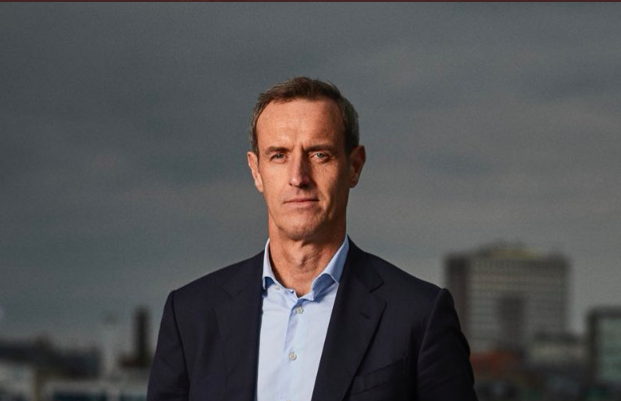By Elizabeth Hearst for AMLi
Sir Rob Wainwright said that “most illicit funds are laundered” through banks and financial institutions, with banks “at the heart of the issue”.
Indeed banks are “sometimes part of the problem”, and highlighted recent “failures in money laundering protocols” evident in banks caught up in compliance scandals, but stressed that as an industry “we can’t see banks as only part of the problem” adding that “systemic failures” exist.
Wainwright echoed earlier comments by FATF Executive Secretary David Lewis’ that the industry needs to move away from a current “box-ticking” mentality. He urged that “all sectors need to come together” to tackle illicit funds.
He added that current estimates that the industry seizes only “1%” of $4 Trillion laundered annually is “stark”. He stressed that “better insight and intelligence” was needed, and criticized the current regime, adding that “this system was designed years ago, and hasn’t kept up to date with emerging technologies”.
However, Wainwright also described how the financial crime sector is currently at a much welcomed “tipping point” as the industry mobilizes to crack down on dirty money. He detailed how the industry needed to “leverage resources” and combine with “intelligence in the public sector” to tackle money laundering, adding that this combination could be “the magic number” to revolutionize the sector.
“The public sector is data rich and technology poor, which is the opposite of the private sector”, he added. He described that there had been “huge investment in data analytics” in financial institutions, with the number of people tasked with anti-money laundering protocols “enormous” compared to those “in FIUs”.
The increased “speed of payments” coupled with customers possessing “multiple bank accounts across different providers”, has made it more difficult to catch those culpable of financial crime, according to Wainwright. He urged officials to “align with intelligence”, as “otherwise you suffer a Tsunami of information, leading to high false positive rates”.
Wainwright was also critical of the current SARs system, saying that it was “frustrating”. He detailed how investigators would piece together critical information on suspicious activity, but the current system delegated that it would be broken apart to “file to each jurisdiction” responsible, with authorities hoping that those relevant bodies would be able to “piece back together” their report and catch those culpable.
Having previously worked for MI5 and the UK’s Organised Crime Agency, Wainwright knows well the challenges that illicit criminality brings. He described that modern innovations in technology had “transformed the global criminal economy”, with these technologies bringing “new opportunities for criminals to exploit and communicate effectively”.
Rob Wainwright will speak at IFPC2021 CyberSec & FinCrime convention on April 21. Register your place on our Events Page at www.amlintelligence.com
Share this on:
Follow us on:








